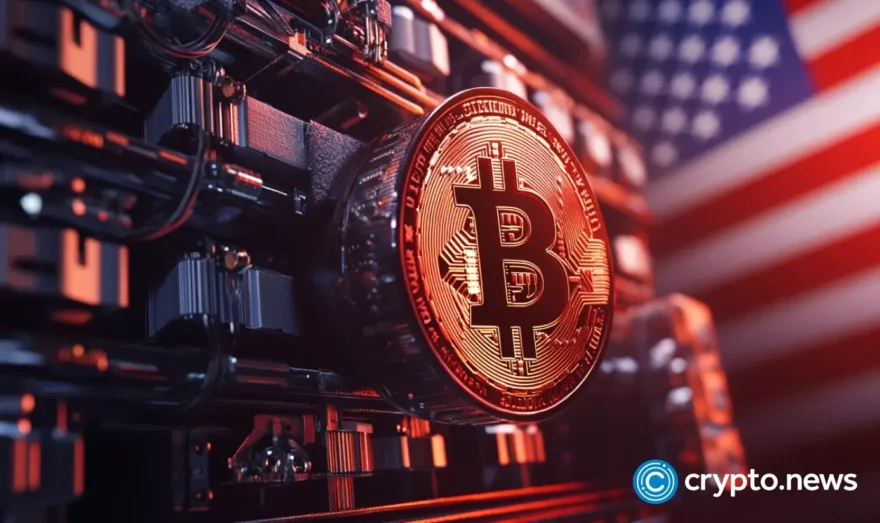Infosys Finacle Launches New Blockchain Platform for Banks

Infosys Finacle, a subsidiary of one of India’s largest IT firms Infosys, announced the release of a new blockchain-based trade finance platform on November 29, 2017.
Moving to the Digital World
The platform is being called Finacle Trade Connect and will aim their services at financial institutions in the trade finance industry. According to Infosys, this system will help the transition of digitizing trade related banking infrastructure from conventional paper records and processes.
Furthermore, Infosys’ platform will be able to validate ownership, certify documents and facilitate payments, all of which are vital aspects of the trade finance industry. The system will also over invoice tracking, credit and debit records, and the collection of bills.
Sanat Rao, the Chief Business Officer of Infosys Finacle, stated that the platform’s pilot program has already been successfully executed, with over 11 Indian banks participating in the test. The names of the banks, however, were withheld. It is possible that other partners may have joined the program since the pilot.
First Steps to Emerging Technology
Bitcoin’s release in 2009 was the first actual implementation of the blockchain technology, even though the basic idea of a blockchain was theoretically conceived of as early as the 1990s.
A blockchain is essentially a decentralized ledger that relies on simultaneous verification of participating nodes. Since a copy of the blockchain is distributed to multiple computers participating in the verification process, tampering of data is a highly unlikely and an impractical event.
Blockchain technology, like most emerging technologies in the past, has seen explosive growth even though it is still in its infancy. The finance industry has already begun using the technology in the way of payment processors, banks, fintech corporations and stock exchanges. But going beyond just financial involvement, the technology is also starting to be implemented in a wide variety of industries, ranging from automobiles to agriculture.
Even as skepticism around the world over the growth of bitcoin and other digital currencies increases by the day, governments themselves have begun expressing interest in adopting blockchain technology. It is easy to see why.
One one hand, cryptocurrencies are trying to revolutionize several aspects of the finance world, including remittance and cross-border transactions, all while remaining unregulated. On the other, the underlying blockchain technology is an invaluable tool that is usage-agnostic and can operate separately from the notion of digital currencies.
That is perhaps why governments of several countries, including reportedly China and India, openly welcome the blockchain revolution, but not the cryptocurrency one.
Making Better Decisions on the Blockchain
Infosys hopes that integration of blockchain technology into the financial industry will bring increased security, transparency, automation and real-time availability of data. Sanat Rao went on to say that the platform will enable banks and customers to make better decisions and pave the way for new business opportunities.
News of this new blockchain platform comes not long after several Indian banks expressed interest in developing their blockchain solutions, albeit for different purposes. ICICI Bank was the first Indian bank to use the technology in 2016. I
n another attempt, while most banks have attempted to improve international transactions using the technology, State Bank of India’s BankChain initiative aims to bring blockchain-based smart contracts to the mainstream.














